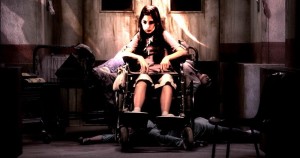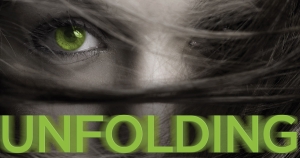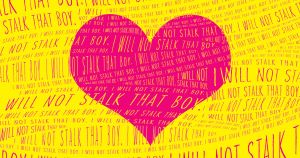
Discussion: Magical Disabilities
When we talk about disability and sci-fi/fantasy, the first thing many will think of is the magical disability trope. But what does this trope entail and imply? And how can you subvert it?

When we talk about disability and sci-fi/fantasy, the first thing many will think of is the magical disability trope. But what does this trope entail and imply? And how can you subvert it?

The writing and characters are wonderful, but if you’re looking for a book about depression, I’d pass on this one.

This book portrays its autistic protagonist in ways that will give readers negative, incorrect, and in some cases abusive ideas about autistic people.

The book deals in a thought-provoking way with many issues of human interaction; readers’ enjoyment will depend on their tolerance for abuse themes and for protagonists driven to terrible behavior without fully understanding how terrible it is.

Although Kurt’s character seems to largely exist to serve the central romance, I was pleasantly surprised by how many pitfalls Perkins avoided in a wonderfully understated manner. Various assumptions and tropes were casually turned over with a single line here or there.

The portrayal of epilepsy in this book was frustrating and disrespectful. People with epilepsy deserve better than this.

Many characters who may be mentally ill reject treatment out of hand, considering therapy a waste of time and suspecting medication will turn them into a zombie. Why are these narratives so popular? What are the alternatives?

Some people call OCD a doubting disease. Corey Ann Haydu infuses her story with the back-and-forth, pulsing presence of this doubt, resulting in a first-person, insider’s account of what the condition feels like for many.

In science-fiction and fantasy, you invariably run into fictional disabilities and allegories. Do these “count” as disability? What makes them work successfully in a book?

Everything, Everything starts out as a respectful, sensitive narrative with incredibly likable characters, but ends on a shockingly disappointing note in terms of disability representation.